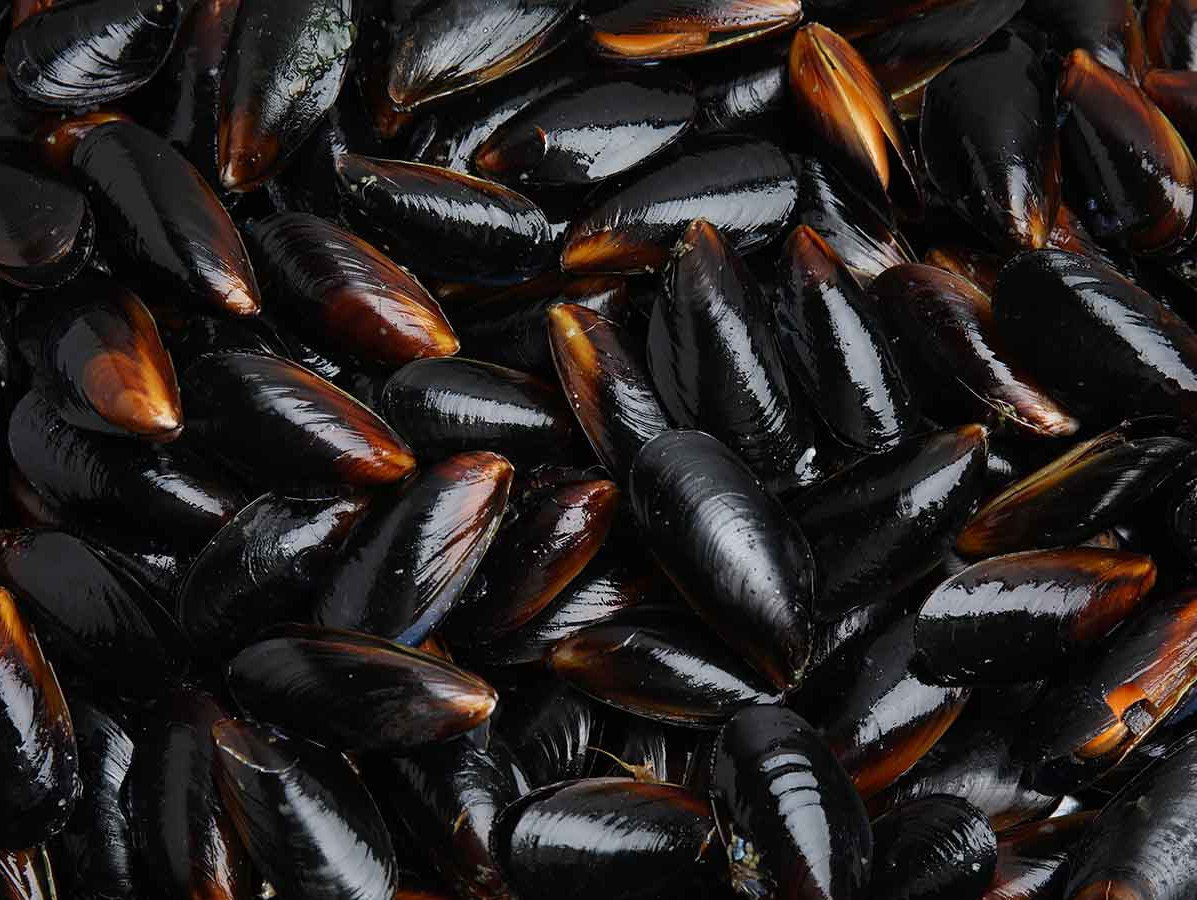
Innovative use of marine biomass plays a pivotal role in developing sustainable products. Low trophic marine species, such as mussels, are a key element in this. They do not require agricultural land or freshwater sources, making them ideal candidates for circular and climate-neutral applications.
Mussel farming, especially in suspended cultures, offers several advantages. It contributes to biodiversity and requires limited space. More importantly, this form of aquaculture minimizes impact on the seabed. Consequently, mussel farming fits perfectly within a circular food system. This system aligns with the growing demand for sustainable food production.
The potential of mussels in the food industry is not yet fully realized. These shellfish are rich in health-promoting substances such as vitamins, proteins, and omega-3 fatty acids. Recent research indicates that substances in mussels could be beneficial for conditions like anaemia and arthritis. The prospects for human health applications are promising, including the prevention of cardiovascular diseases and diabetes. In addition to mussels, other low trophic marine species also show potential as sources of protein and health-promoting substances.
Effectively utilizing low trophic marine biomass requires a specific approach: fractionation. This technique separates the biomass into various fractions. These fractions can then serve as ingredients for high-quality foods, nutritional supplements, or as fish feed in aquaculture. This innovative approach opens doors to new, sustainable business models within a circular economy. The Dutch food industry can thus become a leader in sustainable and healthy food production.
Source: Wageningen University & Research